Description
hardware flow control. It is an ideal choice in the field of industrial automation.
Thanks to the flexibility provided by KUKA, the Jeep Wrangler”s body-in-white production workshop has become an industry model in terms of system networking
and process control. On a production line, a car body can be produced every 77 seconds – regardless of model or version. Day after day, 24 hours a day, it has been
safe and reliable for 10 years.
KUKA uses Windows Embedded and Microsoft SQL Server to integrate 259 workshop robots and 60,000 other devices with efficient back-end monitoring systems
and upper-level data processing systems, thus giving birth to the “Internet of Things Box”. Based on this solution, Jeep Wrangler can produce more than 8 different
models, with a daily production volume of more than 830 bodies.
Specifically, the 259 robots on the shop floor are connected to 33 control points, connected to the main controller and the Microsoft SQL Server server farm. The
SQL Server server farm is used to manage production data, and it also shares data with the manufacturing execution system. Other SQL Server server farms support SAP
enterprise resource management systems and quality assurance systems.
The system architecture supports the connection of 60,000 devices in the production line, such as welding and sealing equipment, through 1,444 network nodes.
KUKA also uses Microsoft SharePoint Server 2010 for facilities management.
This intelligent system generates a huge amount of data every day. KUKA analyzes this data to provide unprecedented insights into factory operations, change the operating
trajectory of the production line in real time, and bring great production flexibility to Jeep production.
Based on a compact and flexible workshop management environment, the system can quickly adjust production parameters and respond to changes in production needs in
a timely manner. With the support of flexible systems, the Wrangler can realize 8 different product types, including left-hand drive or right-hand drive, two-door or four-door, full-door or half-door, etc.
For many years, this equipment has been a model of the most efficient body production line in the American automotive industry and has become a pathfinder in the
Industry 4.0 era. To this day, in almost minutes, 1.5 million Jeep Wrangler body-in-whites are produced on seven assembly lines – whether it is a classic two-door car or
a four-door Wrangler Unlimited series.
With many practical applications of the Internet of Things in the automotive industry, KUKA has further launched the IIoT industrial cloud platform KUKA Connect, which
allows users to view and analyze the operating status of industrial robots at any time and anywhere. KUKA Connect is a monthly subscription service that allows you to
obtain related functions and services without installing software. The Connect platform also provides industrial APPs from third-party partners to create an industrial ecosystem
around KUKA robots. KUKA Connect currently has two versions: KUKA Connect Lite and KUKA Connect Plus.
ABB
On January 1, 2017, ABB completely streamlined its business divisions and created a market-oriented structure of four major divisions, namely electrical products,
robotics and motion control, industrial automation and power grid divisions.
China is the world”s largest production base for ABB robots and the market with the largest sales volume. ABB Group said that by focusing on the fast-growing
robot market and making full use of ABB”s technology platform and global scale, the company aims to improve its leading position from the current second place to
first in this highly attractive market. Bit.
ABB is not lenient when it comes to investing in the Internet of Things. ABB has previously explained to the industry its unique insights into
smart manufacturing, that is, the integration of “Internet of Things (IoT)”, “Internet of Things (IoS)” and “People” into “things, services and people”
. ABB’s future strategy for “Internet of Things (IoTSP)”.
ABB believes that if each robot can store and analyze its own data, it will bring unexpected benefits, so that the robot can “smartly”
communicate data with other connected devices. For example, this means that ABB no longer needs to continue to use the old foolproof
maintenance order: “The robot must be shut down for maintenance after 10,000 hours of operation.” Instead, the industrial robots themselves can
monitor their own actual usage and report on performance. Moreover, ABB can also flexibly arrange maintenance of robots in their spare time based on
the robot”s daily usage records to avoid hindering production operations.
The future is perfect. ABB has discovered and solved the robot”s problems before they develop into problems. [!–empirenews.page–]
During the celebration of its 125th anniversary, ABB further announced the “ABB Ability” digital solution, integrating the
existing ABB product portfolio and service solutions, covering all customer industries.
Excitation system ABB module NTU-7C2
Excitation system ABB module NTU-7C1
Excitation system ABB module NTU-7B2/A
Excitation system ABB module NTU-7B1/A
Excitation system ABB module NTU-7B1
Excitation system ABB module NTU-7B0
Excitation system ABB module NTU-7A9/M1
Excitation system ABB module NTU-7A9/M0
Excitation system ABB module NTU-7A4/20MA
Excitation system ABB module NTU-7A0/P
Excitation system ABB module NTU-7A0/E
Excitation system ABB module NTU-7A0
Excitation system ABB module NTU-738A
Excitation system ABB module NTU-716/48S3
Excitation system ABB module NTU-716
Excitation system ABB module NTU-715
Excitation system ABB module NTU-7/6/48S1
Excitation system ABB module NTTA01
Excitation system ABB module NTST01
Excitation system ABB module NTST01
Excitation system ABB module NTSM01
Excitation system ABB module NTSE01
Excitation system ABB module NTRO02-A
Excitation system ABB module NTRL03
Excitation system ABB module NTRL02B
Excitation system ABB module NTRL02A
Excitation system ABB module NTRL01
Excitation system ABB module NTR002-A
Excitation system ABB module NTR002-A
Excitation system ABB module NTPL01
Excitation system ABB module NTMU02
Excitation system ABB module NTMU01
Excitation system ABB module NTMP01
Excitation system ABB module NTMP01
Excitation system ABB module NTMF01
Excitation system ABB module NTMF01
Excitation system ABB module NTLS01
Excitation system ABB module NTLS01
Excitation system ABB module NTHS03
Excitation system ABB module NTHS03
Excitation system ABB module NTHS03
Excitation system ABB module NTFB01
Excitation system ABB module NTDRO01
Excitation system ABB module NTDO02
Excitation system ABB module NTDO01
Excitation system ABB module NTDI21-A
Excitation system ABB module NTDI21-A
Excitation system ABB module NTDI02
Excitation system ABB module NTDI01
Excitation system ABB module NTDI01
Excitation system ABB module NTDI01
Excitation system ABB module NTCU01
Excitation system ABB module NTCS04
Excitation system ABB module NTCS04
Excitation system ABB module NTCS02
Excitation system ABB module NTCS01
Excitation system ABB module NTCL01-A
Excitation system ABB module NTCL01
Excitation system ABB module NTCL01
Excitation system ABB module NTCL01
Excitation system ABB module NTCF23
Excitation system ABB module NTCF23
Excitation system ABB module NTCF23
Excitation system ABB module NTCF22
Excitation system ABB module NTCF22
Excitation system ABB module NTCF22
Excitation system ABB module NTCF21
Excitation system ABB module NTCF21
Excitation system ABB module NTCF21
Excitation system ABB module NTCF03
Excitation system ABB module NTCF02
Excitation system ABB module NTCF01
Excitation system ABB module NTAO01
Excitation system ABB module NTAM01
Excitation system ABB module NTAM01
Excitation system ABB module NTAI06
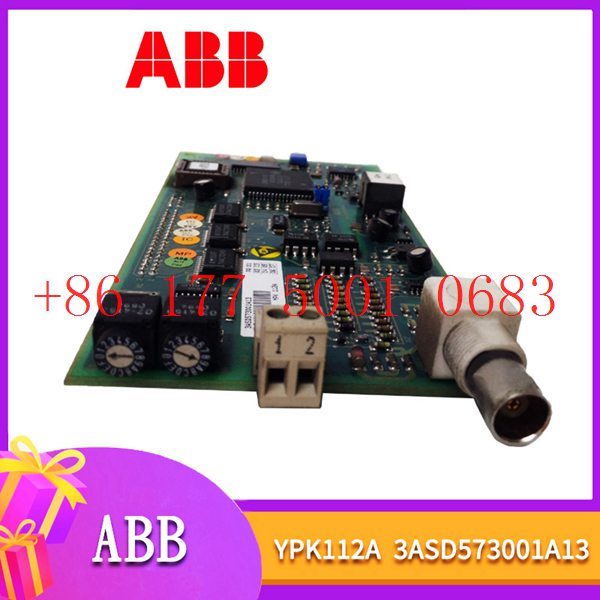
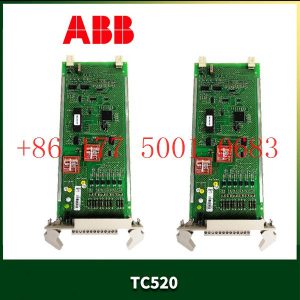
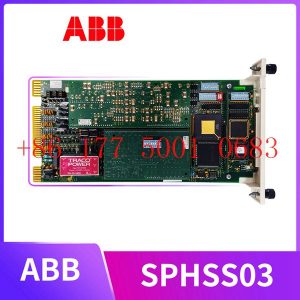
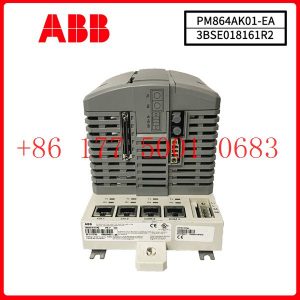
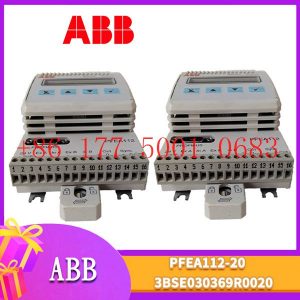


Reviews
There are no reviews yet.